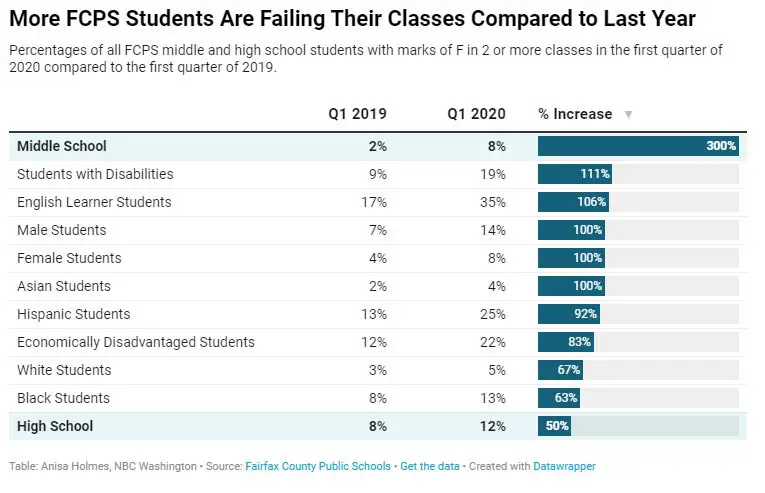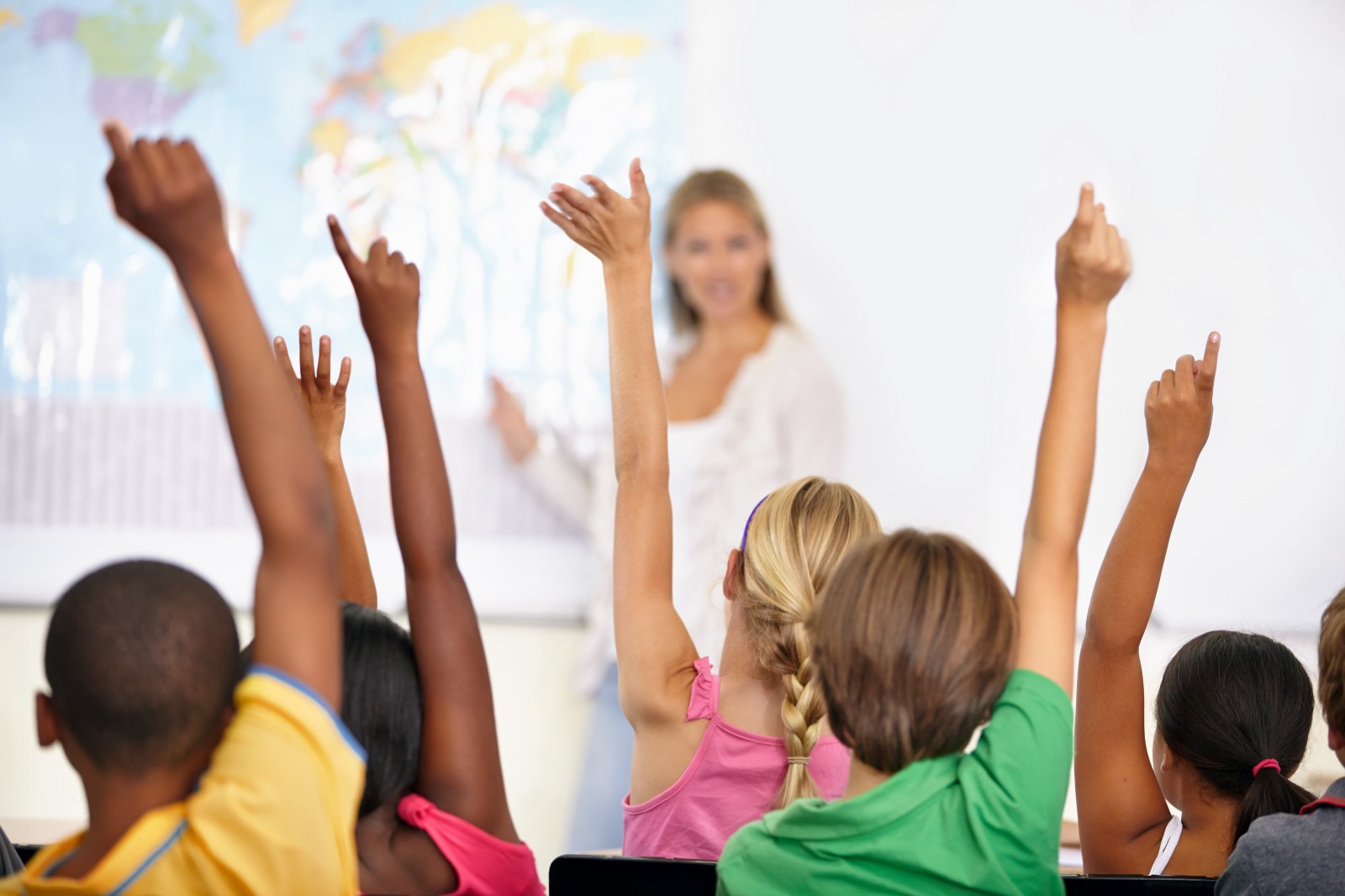There are many topics that bubble under the surface of the Coronavirus pandemic, but none quite as close to every family with school-age children as the continued closure of many public school systems. In some parts of the country, schools have opened, for at least partial in-person learning during the week. In other areas, however, virtual learning continues with kids glued to a screen for six hours a day, separated from their friends and outside human interaction. Many of these kids, from families lacking the means to support adequate home education, are falling far behind, and the long-term damage is still being borne out in front of us.
This issue, while rife with politics, shouldn’t be political in nature. Children learn best when sitting in a classroom with a teacher, that point seems universally indisputable. Why the pushback from all levels of the education system, even with teachers receiving Covid-19 vaccine priority, against returning children to the classroom is so high remains a frustrating chasm for parents.
In Las Vegas, things took a turn for the worse in recent months, as circumstances screamed for schools to re-open, if not merely for the mental health of the student body, let alone the quality of learning:
The reminders of pandemic-driven suffering among students in Clark County, Nev., have come in droves.
Since schools shut their doors in March, an early-warning system that monitors students’ mental health episodes has sent more than 3,100 alerts to district officials, raising alarms about suicidal thoughts, possible self-harm or cries for care. By December, 18 students had taken their own lives.
The spate of student suicides in and around Las Vegas has pushed the Clark County district, the nation’s fifth largest, toward bringing students back as quickly as possible. This month, the school board gave the green light to phase in the return of some elementary school grades and groups of struggling students even as greater Las Vegas continues to post huge numbers of coronavirus cases and deaths.
Far beyond basic education, public schools provide children with a degree of safety and certainty where they have a place to be away from a home situation that may be less than desirable. They have a chance to be noticed by teachers, counselors, and others around them if they appear to be showing signs of depression or personal endangerment. All of that is lost, especially on children from single-parent households who may have no supervision during the week while they’re expected to participate in hours of video sessions to stand in for the lack of quality one-on-one classroom time.
The situation in Las Vegas is a warning flag, but unfortunately not an isolated one. While 18 students had taken their lives over the past several months, the story in the future is still being written about what this all means for kids who fall behind now, yet need to move forward in life over the next ten years.
With virtual learning models in place for many school districts since the Fall of 2020, the early data is painting a grim picture and clearly demonstrates why the number one priority for local, state, and federal leaders should be getting children back in the classroom.
In the City of Baltimore, failing grades are now becoming the norm rather than the exception. Students previously on the bubble are falling quickly back, while students who previously did well are now in danger of hurting their academic records due to the shortcomings of remote learning:
More Baltimore City School students are failing in virtual learning, according to Baltimore City Schools CEO Sonja Santelises.
Santelises shared the new figures with the city school board commissioners during Tuesday night’s meeting. She says they looked over the first quarter grades of 2019 and compared them to the first quarter of the new school year and found the numbers went up from 38% to 60% among students in grades six through 12. Ninth graders had the biggest percentage of students failing at least one class, according to Santelises.
“Unfortunately, student grades and our assessments in the first quarter demonstrate that the actual learning loss and its subsequent effects on students’ academic achievement was even more dramatic and widespread than we originally feared, ” Santelises said.
This pattern of kids falling below their benchmark of in-person education is being repeated en masse around the country.
On the other side of the DC beltway, in wealthy Fairfax County, the school district has seen 10% of the student body simply drop out or leave the district, and another 10% who went from passing to failing as a result of the distance learning model:

Virtual learning, in most cases, seems to hurt students regressively. Families who can afford it end up hiring private tutors or can afford to have a parent stay home or work from home to ensure children continue their learning. Families on the bubble who simply can’t afford private tutoring or do not have the option of a parent staying home end up struggling or having relatives watch children during the day. In many cases, these relatives are older and less able to help with online learning platforms or technology questions.
The noticeable trend is that younger class ages and students with learning disabilities are ending up with the short end of this stick. In many cases, special-needs children only get the attention they need from their local school, their parents are working or simply don’t have the skills to help a special-needs child learn the same way a trained educator can.
Some parents blame teacher’s unions, others blame the federal government response to the pandemic, and others blame their local school boards or state governments. Each entity is at fault, to an extent, as they all play a part in the operation of public schools.
At this point, the best way forward is to acknowledge the vast shortcomings and damage inflicted by virtual learning and work to open schools as fast as possible. Many schools have already done so, using mandated masks or face shields, implementing plexiglass barriers in classrooms for teachers to stand behind, and spacing out times for students to have fewer in a class at one time. These solutions aren’t easy for every school to implement, especially districts where over-crowding is already a challenge. In those cases, unique solutions are required, and probably more funding along the way to implement them. There is no “one-size-fits-all” answer.
President Trump, during the campaign, hammered a demand for schools to open. Now, President Biden is picking up a similar mantle, pledging a federal plan to open most public schools within 100 days:
President Joe Biden is pledging to reopen most K-12 schools within 100 days — an ambitious goal as Covid cases surge and teachers across the country fight some plans to reopen.
Teachers’ union leaders say they are pleased with Biden’s sense of urgency and focus, but they warn that the 100-day pledge may need to be a goal rather than a fixed target.
Biden signed several executive actions Thursday, his second day in office, to help support the reopening goal and establish a national strategy to get the coronavirus under control, but the measures stop short of requiring schools to reopen within any set time frame.
For the most part, aside from funding, there isn’t too much the federal government can do to open a public school anywhere in the country. Those decisions are almost exclusively at the state and local level, where school districts are governed and operated.
Let us all hope, for the literal sake and wellbeing of the children, that politics are set aside, cooler heads prevail, and we can all agree that students learning in a classroom with a teacher in front of them is the best and most desirable way to instruct the next generation.
We should all be working to get there as fast a possible before more damage is inflicted, and before the suicide count goes up.
Donate Now to Support Election Central
- Help defend independent journalism
- Directly support this website and our efforts
